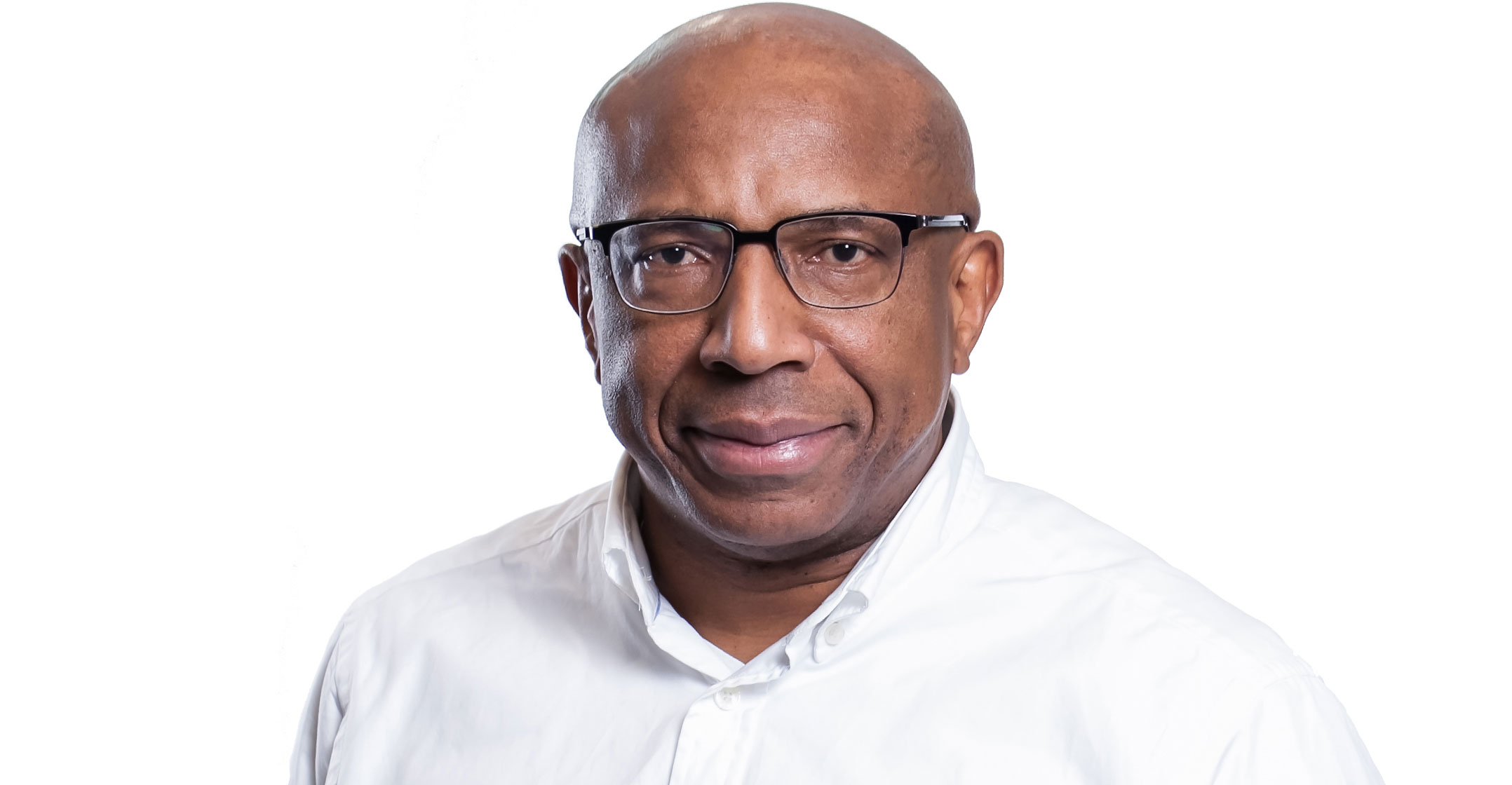
Regulators should lend more support to smaller mobile operators to help them break the dominance of Vodacom and MTN, Telkom CEO Sipho Maseko told the Competition Commission on Thursday.
Speaking at the commission’s inquiry into the data services market, Maseko said Telkom Mobile and Cell C have “not been able to build significant market share” despite aggressive pricing relative to their bigger rivals.
The solution, he said, is to promote competition while ensuring that policy and regulatory decisions don’t make Vodacom and MTN stronger at the expense of smaller providers. “Competition, over time, is the best possible instrument” to bring down the cost to communicate. This will “deconcentrate” the market and lead to more pressure to bring prices down while still ensuring that operators can make sustainable returns.
South Africa’s mobile sector “doesn’t necessarily” need more entrants or detailed price regulations. Rather, what’s needed, Maseko said, is an environment in which smaller operators can compete on an equal footing. This can be done through regulatory instruments such as termination rates — the fees operators can charge each other to carry calls between their networks.
The problem in the mobile sector is there has been a long period of “enduring dominance” by two players, which has been “detrimental to consumers and to competition”, he said.
Among measures that Telkom believes should be looked at include improving number portability regulations to make it easier for consumers to switch networks; regulating access to operators’ infrastructure; and assigning sub-1GHz radio frequency spectrum to players who don’t have it currently.
Telkom is the only one of the four major mobile providers in South Africa that does not have access to spectrum below 1GHz, making it more expensive for it to roll-out infrastructure, Maseko said. Lower frequencies require fewer base stations, especially outside the dense urban areas.
Lack of competition
“We have found it difficult to close the market-share gap that exists between ourselves and the larger, dominant players,” Maseko told the commission.
He said there is now “intense” competition in the fixed-line broadband market, where “barriers to entry are low and where there are a lot of new entrants”.
“On the mobile side, there hasn’t been such intense competition as there has been in fixed.”
He said about three-quarters of all broadband connections in South Africa belong to either Vodacom or MTN. Fixed access, on the other hand, makes up a tiny percentage of the overall market, with copper-based digital subscriber line technology accounting for about 3% and fibre for about 1%. “So, not only is it small, it’s very, very competitive.”
 The mobile market, on the other hand, has been “static for a long time”. Vodacom and MTN attained their dominant positions early on and benefited from “asymmetry” in terms of which Telkom paid them more than they paid it to facilitate competition in the market. That made sense when Telkom was “the only game in town”, but no longer.
The mobile market, on the other hand, has been “static for a long time”. Vodacom and MTN attained their dominant positions early on and benefited from “asymmetry” in terms of which Telkom paid them more than they paid it to facilitate competition in the market. That made sense when Telkom was “the only game in town”, but no longer.
“(The asymmetry) was about R1/call. That has narrowed in the last five years, but for a solid 20 years that asymmetry was free cash that flowed from Telkom to the dominant players,” Maseko said. “This enabled them to invest and meet customer requirements regarding coverage and quality.
Telkom, he added, has invested R11-billion in its mobile network but has been able to secure only about 5% market share. “Cell C’s subscriber base has grown by just two percentage points since 2011. Rain entered in 2017 but remains very small. Despite all the investments that have been made … the subscriber market share has largely not changed. We really need to interrogate that.”
Vodacom and MTN’s retail prices have not been sufficiently constrained by competition, Maseko said. — © 2018 NewsCentral Media




